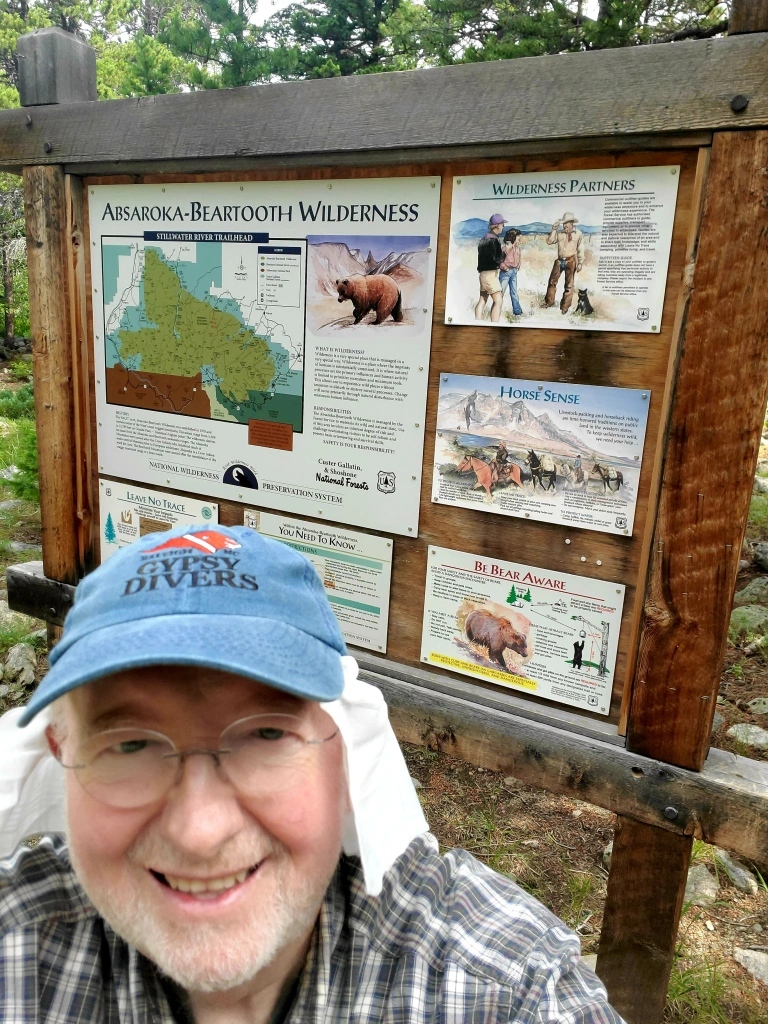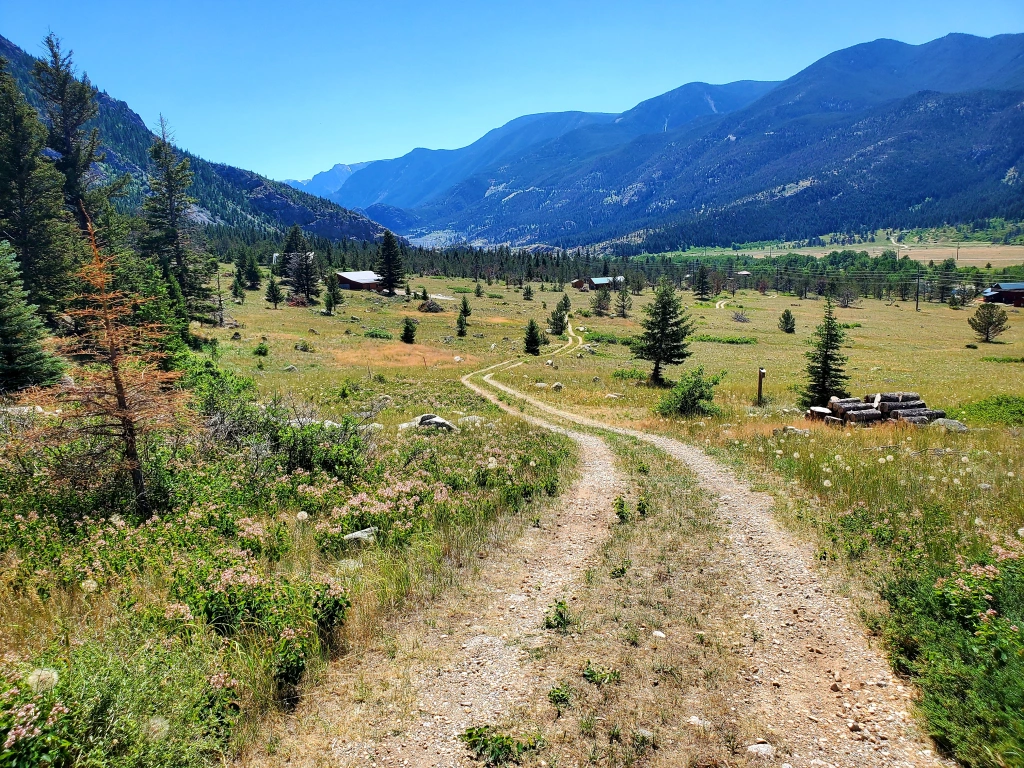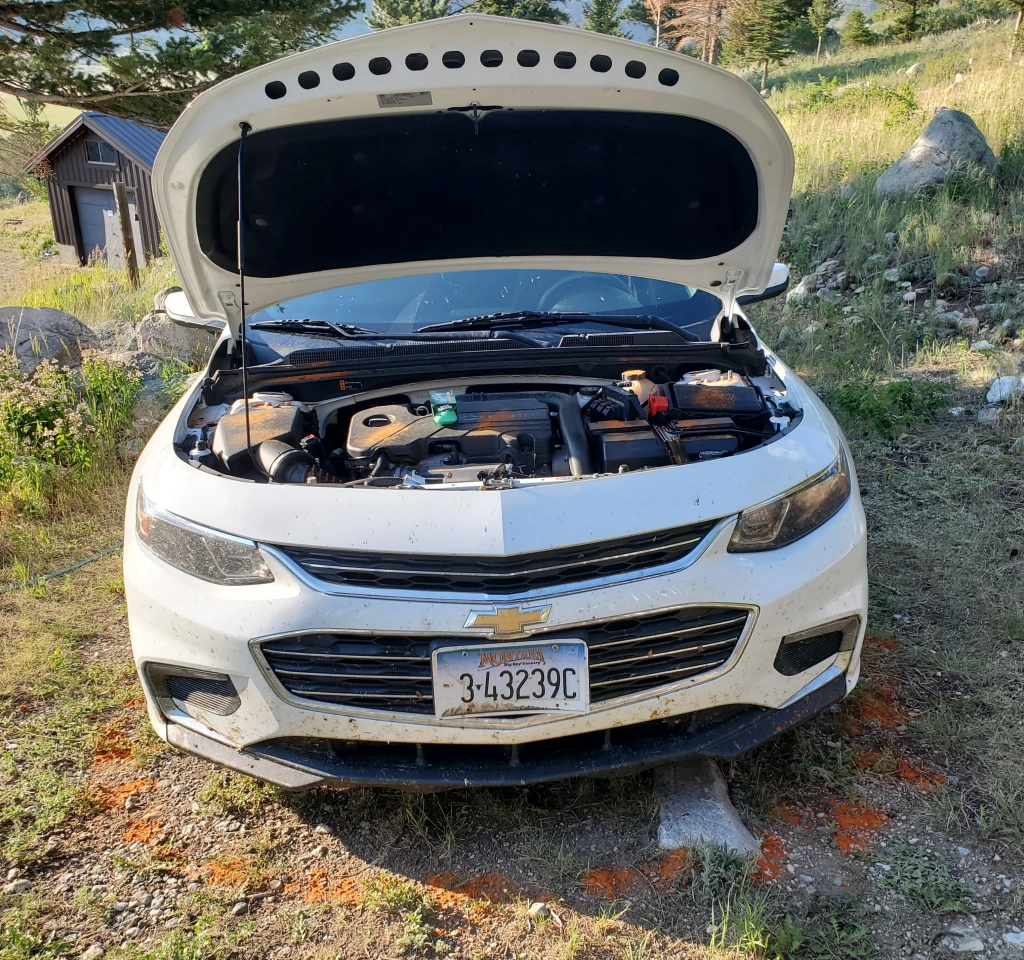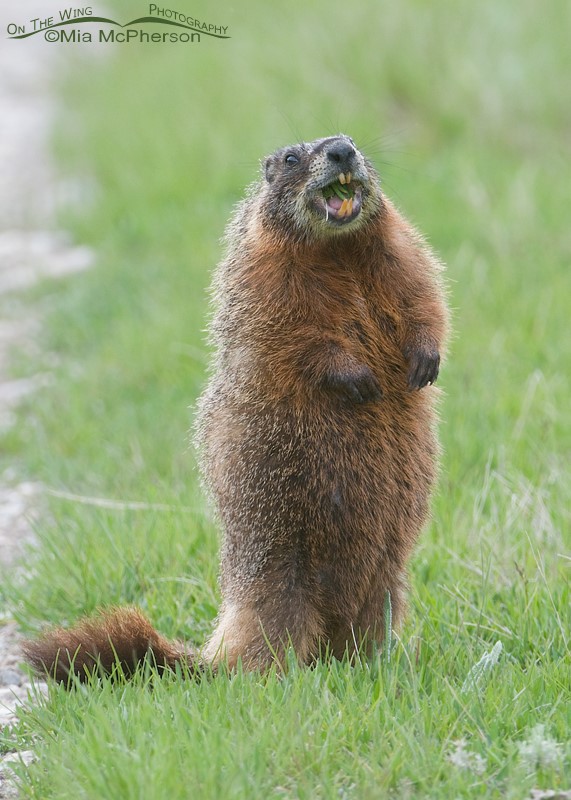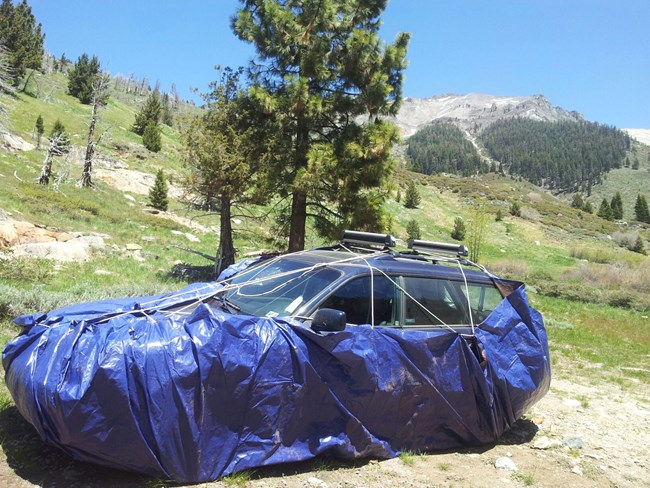August 17, 2021
The elusive and existential nature of the itty-bitty microscopic coronavirus has become the catch-all excuse that covers all ills, inefficiencies, and incompetence of travel providers nowadays. “Covid!” is sometimes exclaimed defensively in anger. Or expressed in a low voice, plaintively, as in: “Hey, man, it’s Covid.” Usually accompanied by a primal shrug. Either way—and every way in-between—it has become the ultimate get-out-of-jail free card for airlines, rental car companies, hotels, and service providers in the travel supply chain. No matter how dastardly the travel outrage or foolishly bumbling the circumstances, Covid is now the reason.
Witness what United Airlines told me when I bitterly complained that they canceled my flight to Newark at 1:30 AM the morning of travel with no alternate booking to get me to Newark for my connecting flight to Johannesburg. Their cover-up? Essentially, the United Club agent’s message to me was “Covid made us do it” and how dare I question that. Then looked over my shoulder, and announced: “Next in line, please.”
When I queried the flight attendants in business class (Polaris) on my United flight to Johannesburg that night why the IFE movies on the 15+ hour flight seemed so dated, “Covid” was the answer, and they pointed to cheap plastic cups used for wine and Champagne as if to reinforce the obvious and justifiable austerity. Never mind that Emirates and Qatar are serving in crystal flutes on their flights up front.
Last weekend while traveling through the Minneapolis/St. Paul Airport, I questioned a 27-cent “Hospitality” charge on the receipt for a single bagel and was told it was due to Covid, with a smile. Then why isn’t it labeled “Due to the pandemic”? I asked. The clerk’s eyes rolled and turned to the next customer.
On an Endeavor Airlines (Delta Connection) CRJ900 flight out of MSP just before noon, the air conditioning system was not turned on as we boarded, and the interior was sweltering.
“The captain is aware of the situation,” came the flight attendant PA, “But due to Covid, the plane will not be cool until we reach 10,000 feet. Please close your window shades to keep the heat out.”
Too late! It was boiling, and lowering the shades wasn’t going to help. No explanation why the A/C was out. Inoperable? No APU functionality? No airport power?
When we reached and exceeded 10,000’ altitude, the cabin remained an oven, and it never cooled off en route to Fargo—luckily, a short hop. Nor was anyone in coach or in Comfort+ where I was seated offered even a small bottle of water to counter the heat. The captain never made any announcement, but as we deplaned, I asked the lead FA to simply be honest if the A/C was broken. She shrugged and murmured, “Covid.” The universal vindication for anything wrong.
At Lilliputian Fargo Airport I picked up a Budget rental car for the weekend for $81/day. When I asked why weekend rates were so high, naturally the reason given was Covid. Of course rental car companies have been struggling to meet demand due to fleet depletions, which has pushed up rates, but no shortage of cars at Fargo was apparent. The rental car lot was full at Hertz, Avis, Budget, and every other brand.
Checking into the Microtel by Wyndham hotel in Moorhead, Minnesota for two nights—a modest property I’d visited four years ago, leaving good memories—I spied a crumpled notice crookedly taped to the front entrance announcing no breakfasts—not even a small takeaway bag—would be served “due to Covid.” Four years previous the hot breakfast had been a stand-out feature.
I questioned the front desk clerk, clad in a tee shirt and watching Netflix on a laptop, why not even a takeaway brown bag. Again the big shrug, and the single utterance, “Covid!”
I retorted that we’ve all been vaccinated and not a soul was wearing masks, including the hotel staff. This time came a sustained, tired shrug before his eyes returned to the screen. Why couldn’t I see that Covid covered all things wrong?
“Then how about a discount to cover the loss of breakfast?” I asked.
“Already built into the rate,” came the quick, well-practiced reply, his focus never leaving the laptop screen. I couldn’t tell one way or another whether the rate was discounted, of course.
Nor did housekeeping clean and make up the room or replace the towels for two nights. (“Covid!”)
En route home on Monday morning I called Delta between flights to find an alternate itinerary for Halloween to New York after a schedule change, one of many schedule changes this summer. When I complained that the extra cost to modify my flight was exorbitant, especially considering it was over two months out, the agent blamed Covid. When I asked her to be more specific, she just said, conspiratorially, “Well, you know. Covid has changed everything!”
And right she is.














